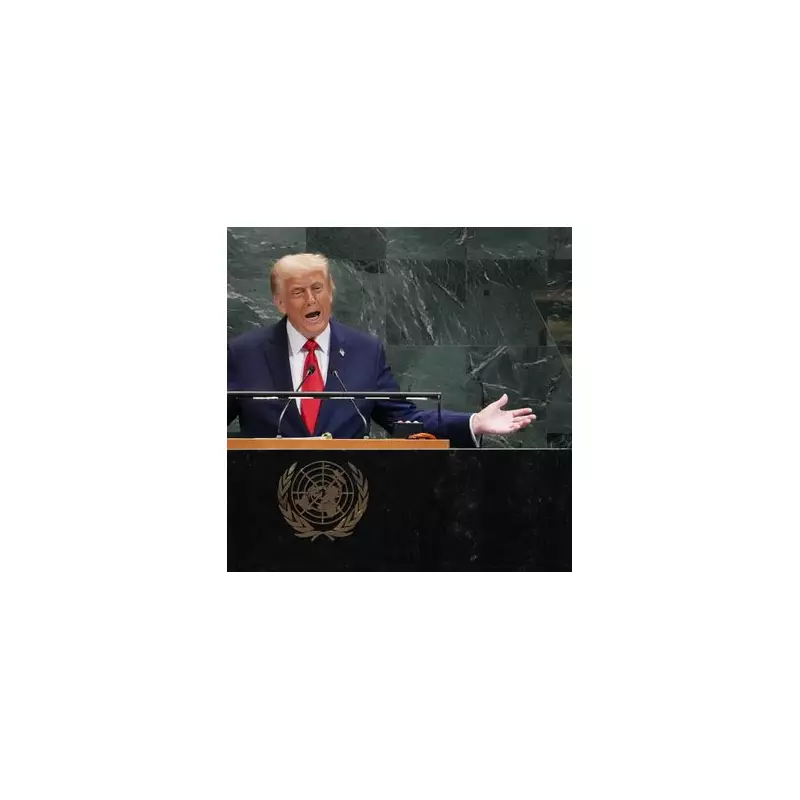
The White House has unleashed a furious diplomatic broadside against Nobel Peace Prize authorities after revelations that Russian President Vladimir Putin was nominated for this year's prestigious award.
In a stunning development that has sent shockwaves through international diplomatic circles, administration officials condemned the nomination as "outrageous" and "shameful," particularly given Russia's continued military aggression in Ukraine.
Diplomatic Firestorm Erupts
The controversy erupted when it emerged that a mysterious group of Russian academics had formally submitted Putin's name for consideration. The nomination reportedly cites the President's "historic role" in maintaining international peace and security through what they describe as "strategic stability efforts."
White House Press Secretary Karine Jean-Pierre didn't mince words when addressing reporters, stating: "The notion of nominating Vladimir Putin for a peace prize while his forces continue to wage an unprovoked war in Ukraine is not only inappropriate but deeply offensive to the people of Ukraine and all who value peace."
Timing Adds to Outrage
The timing of the nomination has particularly incensed Western officials, coming as Russia intensifies its military operations in eastern Ukraine and continues attacks on civilian infrastructure.
"This is someone who has launched the largest conventional military attack in Europe since World War II," a senior administration official noted during a background briefing. "Rewarding such behaviour with a peace prize nomination makes a mockery of the award's distinguished history."
Nobel Committee Under Scrutiny
The Nobel Committee now faces mounting pressure to publicly reject the nomination and clarify its stance on candidates associated with active military conflicts. Historically, the committee has maintained that simply being nominated doesn't imply endorsement, as thousands of individuals worldwide qualify to submit nominations.
However, critics argue that the very acceptance of such nominations damages the credibility of the peace prize and sends dangerous signals about rewarding aggression.
The diplomatic row comes at a particularly sensitive moment in international relations, with Western nations working to maintain unity in their support for Ukraine while confronting what they describe as Russian attempts to undermine global stability.





